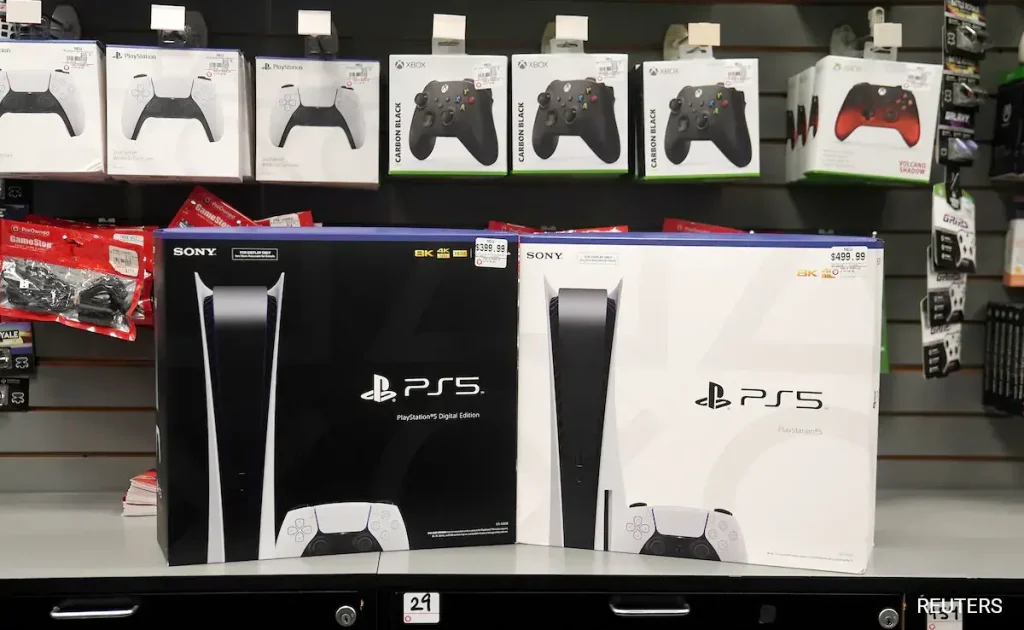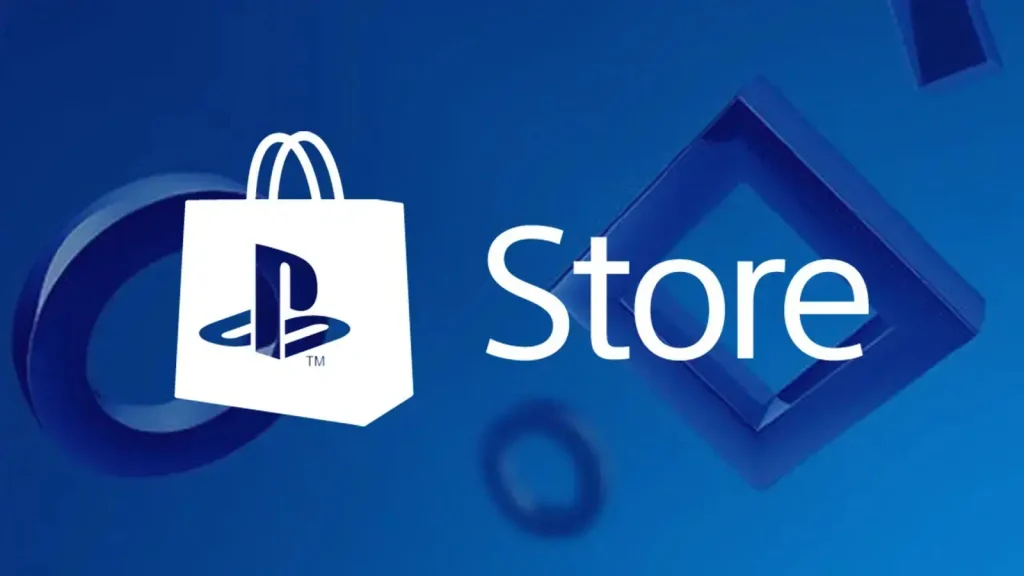PlayStation Settlement REJECTED, Judge Blocks Sony’s $7.85M ‘Coupon’ Payout to Gamers
A federal judge in California has dealt a crushing blow to Sony and millions of PlayStation gamers by rejecting the company’s proposed $7.85 million settlement in a landmark antitrust lawsuit. The July 2025 ruling leaves 4.4 million eligible PlayStation users empty-handed and forces Sony back to the negotiating table.
U.S. District Court Judge from the Northern District of California rejected the settlement, calling PlayStation Store credits “settlement coupons” that are “generally disfavored” by courts.
Why the Judge Rejected Sony’s ‘Inadequate’ Settlement
The court’s scathing rejection centered on multiple fundamental flaws in Sony’s proposed settlement structure, calling out the company’s attempt to pay gamers with store credits instead of real compensation.
Core Problems Identified by the Court:
“Coupon Settlement” Issues: The judge specifically criticized that “coupon settlements” like PlayStation Store credits are “generally disfavored” by courts, viewing them as inadequate compensation for consumer harm.
Lack of Financial Transparency: The motion failed to include estimated recovery amounts if plaintiffs had won on each claim and provided no estimate of discounts applied to the claims.
Missing Distribution Breakdown: The court demanded Sony provide a detailed chart showing how the $7.85 million would be distributed, including attorney fees, administrative costs, and actual payouts to class members.
Table of Contents
What This Rejection Means for PlayStation Gamers
The court’s rejection is a double-edged sword for the 4.4 million PlayStation users who were expecting automatic store credits in their accounts.
Immediate Impact:
- No Settlement Credits: PlayStation users will not receive the promised store credits
- Case Continues: The antitrust lawsuit against Sony remains active
- Uncertainty: Timeline for resolution is now completely unclear
Potential Upside:
- Better Compensation: Judge demands more meaningful settlement terms
- Real Money: Future settlement may include cash payments instead of store credits
- Higher Amounts: Rejection could force Sony to pay significantly more
The Original Lawsuit: Why Sony Was in Legal Hot Water
The class action lawsuit, Caccuri v. Sony Interactive Entertainment LLC, accused Sony of creating an illegal monopoly over digital PlayStation game sales after April 2019.
Sony’s Anticompetitive Actions:
- Eliminated Retail Competition: Banned Amazon, Best Buy, GameStop, Target, and Walmart from selling game vouchers
- Price Manipulation: Forced consumers to pay inflated prices through PlayStation Store exclusively
- Market Control: Gained complete control over digital game distribution and pricing
Legal Claims:
- Monopolization of digital game market
- Price-fixing through elimination of competition
- Consumer harm through artificially inflated prices
Related Lawsuit: CDC Sued Over ‘Untested’ 72-Dose Vaccine Schedule: Doctors Claim Constitutional Violations

What the Court Demands from Sony Now
The judge’s rejection wasn’t just a simple “no” – it came with specific requirements for any future settlement proposal.
Court’s Requirements for New Settlement:
Financial Transparency: Sony must provide “a chart setting forth the anticipated breakdown of the $7,850,000 settlement distribution, including amounts estimated for attorney’s fees, service awards, costs, administration expenses, and other amounts to be paid”.
Individual Payout Estimates: The court demands “a ballpark estimate or range of amounts to be distributed to each Settlement Class Member”.
Justification for Store Credits: Sony must address whether PlayStation Store credits are appropriate compensation and “whether the value and structure of this settlement remain defensible.”
Sony’s Response and Denial of Wrongdoing
Despite agreeing to the original settlement, Sony denied any wrongdoing but said it was settling “to avoid the further expense and distraction of continued litigation”.
Sony’s Position:
- No admission of illegal monopoly practices
- Claims digital distribution strategy was legitimate
- Wanted to avoid costly court battle
Relaetd Lawsuit: Quaker Oats Class Action Lawsuit, $6.75M Settlement Claims End June 27, 2025

Legal Expert Analysis: Why Courts Hate “Coupon Settlements”
The rejection highlights a broader legal principle that courts increasingly disfavor settlements that benefit the defendant company rather than truly compensating consumers.
Problems with Store Credit Settlements:
- Limited Use: Credits can only be spent with the same company that caused harm
- No Real Value: Companies don’t lose actual money, just potential future sales
- Consumer Lock-In: Forces continued business relationship with the defendant
- Accounting Games: Allows companies to settle cheaply while appearing generous
Comparison: UK Lawsuit Seeks $7.9 BILLION
While the U.S. settlement was rejected at $7.85 million, a similar lawsuit filed in the United Kingdom is seeking compensation “orders of magnitude greater than the US one” – approximately $7.9 billion.
International Legal Pressure:
- Multiple countries challenging PlayStation Store practices
- UK lawsuit represents much larger financial exposure
- Global coordinated legal strategy against Sony
What Happens Next: The Legal Road Ahead
With the settlement rejected, several scenarios could unfold for PlayStation gamers and Sony.
Possible Outcomes:
Scenario 1: Revised Settlement Sony could propose a new settlement with cash payments and better terms meeting the court’s requirements.
Scenario 2: Trial The case could proceed to trial, potentially resulting in larger damages if Sony loses.
Scenario 3: Appeal Sony might appeal the rejection, though this could significantly delay any resolution.
Scenario 4: Withdrawal Sony could potentially seek to have the case dismissed, though this seems unlikely given the strong legal claims.
Impact on Gaming Industry
The rejection sends shockwaves through the gaming industry, where digital platform monopolies are increasingly under legal scrutiny.
Broader Implications:
- Industry Warning: Other gaming platforms may face similar challenges
- Settlement Standards: Courts demanding real compensation, not corporate coupons
- Consumer Rights: Strengthened position for gaming consumers in future cases
Timeline of Legal Developments
May 2021: Original antitrust lawsuit filed against Sony
April 2019: Sony eliminates retail game vouchers, triggering monopoly concerns
December 2024: Sony agrees to $7.85M settlement with PlayStation Store credits
July 2025: Federal judge rejects settlement as inadequate
August 2025: Sony must decide whether to propose new settlement terms
What PlayStation Gamers Should Do Now
While the immediate settlement is dead, affected gamers still have rights and options in this ongoing legal battle.
Action Items:
- Stay Informed: Monitor legal developments for future settlement opportunities
- Preserve Records: Keep documentation of PlayStation Store purchases between 2019-2023
- Understand Rights: You remain part of the class action unless you opt out
- Consider Individual Action: Consult attorneys about separate legal claims
- Join Updates: Sign up for case notifications from legal websites
Frequently Asked Questions
Will I still receive PlayStation Store credits?
No, the court rejected the settlement. No credits will be distributed under the original agreement.
Is the lawsuit over?
No, the case continues. Sony can propose a new settlement or the case may go to trial.
Could I receive more money now?
Potentially yes. The rejection could force Sony to offer cash payments or higher amounts.
How long will this take to resolve?
Unknown. The timeline depends on whether Sony proposes a new settlement or the case proceeds to trial.
Can I still join the lawsuit?
If you purchased eligible PlayStation games between 2019-2023, you’re likely already included in the class action.
What if Sony appeals the rejection?
Appeals could significantly delay any resolution, potentially adding years to the process.
Should I hire my own lawyer?
Most class action participants don’t need individual attorneys, but you may want legal advice about your specific situation.
Will this affect PlayStation Store prices?
The lawsuit doesn’t require Sony to change pricing, but competitive pressure may emerge.
Are other gaming companies at risk?
Yes, the case could set precedent for challenging other digital platform monopolies.
What about international users?
The U.S. case only covers American purchasers, but similar lawsuits exist in other countries.
The Bigger Picture: Digital Platform Accountability
This rejection represents more than just a failed settlement – it’s a watershed moment for digital platform accountability and consumer rights in the gaming industry.
Key Precedents:
- Courts demanding real compensation, not corporate benefits
- Judicial skepticism of platform monopoly defenses
- Consumer protection taking precedence over corporate convenience
Expert Legal Predictions
Legal analysts suggest several potential outcomes following this dramatic rejection:
Most Likely Scenarios:
- Revised Cash Settlement: Sony proposes $15-30 million in actual cash payments
- Trial Preparation: Case proceeds toward jury trial with potentially massive damages
- Regulatory Pressure: Government agencies may launch parallel investigations
Conclusion: A Victory for Consumer Rights
While PlayStation gamers won’t receive the promised store credits, the court’s rejection may ultimately benefit consumers by forcing Sony to provide meaningful compensation rather than corporate coupons.
The judge’s sharp criticism of “coupon settlements” sends a clear message to the entire tech industry: courts will no longer accept inadequate settlements that primarily benefit the companies that caused consumer harm.
This landmark rejection could reshape how digital platform monopolies are challenged and resolved, potentially leading to much larger compensation for affected consumers.
The fight for PlayStation gamer rights continues, and the ultimate victory may be worth far more than $7.85 million in store credits.
Legal Disclaimer: This article provides information about ongoing litigation and should not be considered legal advice. Settlement terms and legal outcomes may change. Consult qualified legal counsel for advice about your specific situation.
Last Updated: August 2025 | This article will be updated as new developments occur in the ongoing litigation.
About the Author

Sarah Klein, JD, is a licensed attorney and legal content strategist with over 12 years of experience across civil, criminal, family, and regulatory law. At All About Lawyer, she covers a wide range of legal topics — from high-profile lawsuits and courtroom stories to state traffic laws and everyday legal questions — all with a focus on accuracy, clarity, and public understanding.
Her writing blends real legal insight with plain-English explanations, helping readers stay informed and legally aware.
Read more about Sarah
